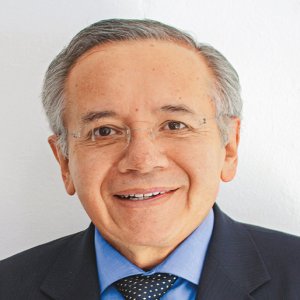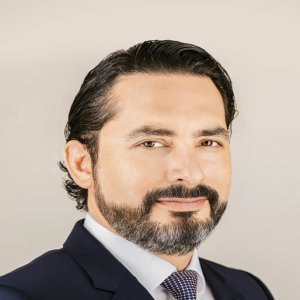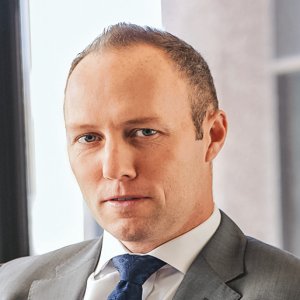Expert Counseling on Mexico’s Evolving Labor Law

STORY INLINE POST
Q: What advantages does EC Legal Rubio Villegas have over its competitors in the mining sector?
A: We offer three main advantages regarding the mining sector. First, we are based in Chihuahua, very close to the actual mines, and also to sites in Sonora, Sinaloa and Durango. That makes it is easy for us to physically go to the mines and address any issue directly. This gives us an advantage over Mexico City-based firms. Second, and as a consequence of our proximity, we have close relationships with local authorities, which is enormously useful. Third, our fees are much more attractive than those of firms located in Mexico City.
Q: Who are some of your main clients and what are their most common questions, particularly with regard to Mexico’s social and political landscape?
A: Some of our main clients are Dia Bras Mexicana, Alamos Gold, Goldcorp and Frisco. We also counsel some Australian companies that are now in Chihuahua, like Latin American Zinc and United Minerals, but all companies are asking about security. For instance, many were having problems on the roads, where criminals are stealing diesel, but we are working with the authorities and police to put a stop to that. Also, land has always been a contentious subject in Mexico and the updated consultation protocols will have to be taken into account from now on. Lastly, there is a great deal of attention around the new mining titles, which will not be renewed for the next six years.
Q: How do you foresee the evolution of consultations and their impact on the industry?
A: Consultations are a good idea, but more importantly, they figure in international treaties that Mexico has signed. They have not been implemented but they should be, just like in other Latin American countries. For now, the lack of implementation has been an advantage for Mexico, attracting numerous investors. As a lawyer, I am in favor of following the law, but this is an advantage that we can now lose. In any case, I think it is correct to take into account the new wave, so to speak, of human rights awareness. We need to start consulting with communities about the type of relationships they want to have with new mines, or whether they want mines at all. It will not be easy but we have to establish direct and clear protocols. At the moment, this is an uncertain topic; it is still open for discussion and it will take us a while to understand this new way of doing things.
Q: At the state level, what are some key points about Chihuahua’s legal framework for mining and how could it be strengthened?
A: Since Chihuahua is a mining state, its legal framework works fairly well and the governments cooperate and support mining companies. This is true for Sonora, too. In these states, there is a strong interest in developing the mountainous regions, where attracting investors is not easy. Compared to Guerrero and other southern states, the government of Chihuahua and Sonora will provide valuable help. In contrast with, for instance, Zacatecas, where there has been a big problem at Peñasquito, the governments of Chihuahua and Sonora will assist with negotiations and help to achieve a good settlement. Chihuahua’s regulatory framework is good, so there are really no major improvements to be made. However, as a state, we should have a portfolio of projects to promote Chihuahua as a mining destination. This would be very useful.
Q: How is EC Legal Rubio Villegas expanding its services to nontraditional mining states?
A: Before the merger with EC Legal, BGM Consultores Legales was already counseling mines in states other than Chihuahua, like Guanajuato, Sinaloa, Durango, Coahuila, Sonora, Baja California and Guerrero. But now that we are a bigger firm, we can expand more confidently. For example, we are working on opening an office in Monterrey, which is an important city for us, and we have just inaugurated offices in other industrial cities like Juarez and Queretaro. Growing intelligently is our goal for 2020. We also want to expand our client base. Given the recent legal changes that have gone into effect, we want to offer more services related to labor law and advise companies on dealing with the new regulations.
























